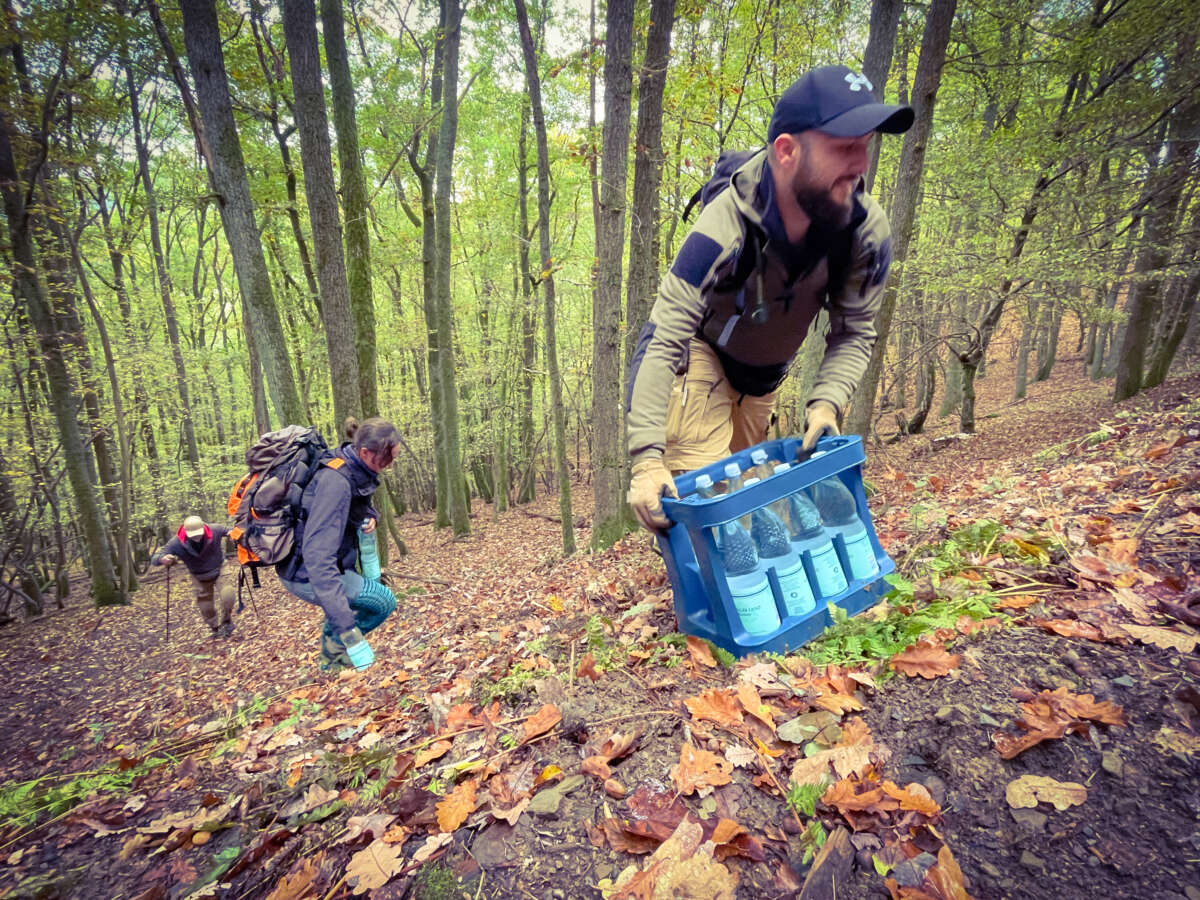Muscle cramps – causes, prevention and treatment
Muscle spasms are involuntary and painful contractions of a muscle or muscle group that occur suddenly and can sometimes resolve spontaneously. They can affect any muscle in the body, but the most commonly affected areas are the legs, feet, hands and abdominal muscles. Most muscle cramps are harmless and last only a few seconds to minutes, but they can last longer and signal more serious health problems.
Causes of muscle cramps
There are several factors that can cause muscle spasms, including:
- Over-exertion of muscles: When muscles are overused, they can become tired and stressed, which can lead to cramps.
- Dehydration: Insufficient fluid intake can cause the body to lose important minerals and electrolytes necessary for proper muscle contraction.
- Electrolyte imbalance: An imbalance of electrolytes such as calcium, magnesium and potassium can lead to muscle cramps.
- Medications: Some medications such as diuretics and statins can cause muscle spasms.
- Malnutrition: A poor diet can result in the body not getting enough nutrients needed for muscle contraction.
- Injuries: Muscle cramps can also be caused by injuries such as strains, bruises and muscle tears.
Prevention of muscle cramps
There are several steps you can take to prevent muscle cramps:
- Adequate hydration: Drink enough fluids, especially during exercise or hot weather, to avoid dehydration.
- Stretching exercises: Regular stretching exercises can help keep muscles flexible and relaxed.
- Balanced diet: A balanced diet with sufficient minerals and nutrients can help prevent muscle cramps.
- Avoiding overexertion: Avoid excessive physical exertion and allow your body sufficient time to recover.
- Adjusting medications: If you are taking medications that can cause muscle spasms, talk to your doctor about alternative treatments.
Treatment of muscle spasms
If you have a muscle spasm, there are several steps you can take to relieve it:
- Stretch: Gently and slowly stretch the affected muscle to release the contraction.
- Massage: Gently massage the affected muscle to improve circulation and relieve tension.
- Heat or cold: Apply either heat or cold to the affected area as needed to relieve pain.
- Rest: Avoid physical exertion and allow the affected muscle to rest to give it time to recover.
- Electrolyte supplementation: If an electrolyte imbalance is the cause of the spasm, a supply of electrolytes such as magnesium, calcium or potassium can help relieve the muscle contraction.
In more severe cases of muscle cramps, medical treatment may be necessary. If cramps are frequent and severe, you should see your doctor for proper diagnosis and treatment.
Summary
Muscle cramps can occur due to a variety of factors, including muscle overexertion, dehydration, electrolyte imbalance, medication use, malnutrition and injury. Adequate hydration, regular stretching, a balanced diet and avoiding overexertion can help prevent muscle cramps. If you have a muscle cramp, stretching, massage, heat or cold applications, rest and electrolyte supplementation can help relieve the cramp. In more severe cases, medical treatment is required. If you suffer from frequent muscle cramps, you should consult a doctor for diagnosis and appropriate treatment.



